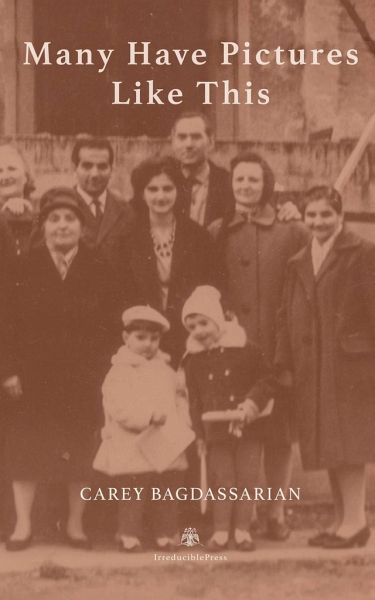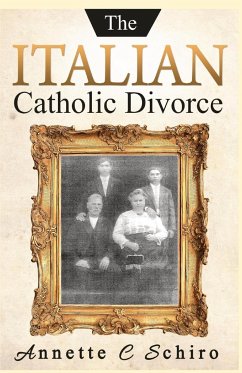
Many Have Pictures Like This

PAYBACK Punkte
8 °P sammeln!
In a gathering of stories, Many Have Pictures Like This chronicles a family's history and passing, from Armenian villages before WWI to the Armenian Genocide, to Romania and finally to the United States. Much is fictionalized, all is based on truth, and the author asks the question throughout: What is owed to one's dead? Whether walking with his father to a pizzeria or sitting with his mother in an imagined coffee house, whether enjoying his grandmother's immigrant mac-and-cheese or playing catch with a friend on a hot New York day and encountering his godmother, the author learns what life de...
In a gathering of stories, Many Have Pictures Like This chronicles a family's history and passing, from Armenian villages before WWI to the Armenian Genocide, to Romania and finally to the United States. Much is fictionalized, all is based on truth, and the author asks the question throughout: What is owed to one's dead? Whether walking with his father to a pizzeria or sitting with his mother in an imagined coffee house, whether enjoying his grandmother's immigrant mac-and-cheese or playing catch with a friend on a hot New York day and encountering his godmother, the author learns what life demanded from his family. "I guess what I'm most interested in," he says, "what I need to know, is how they continued on with their lives-with their spirits intact to varying degrees-after what they'd endured by the circumstances of their origins and time and place." His own place as an immigrant and his family's expectations for him are in the mix. And there's the necessary acknowledgement that the monsters his family escaped never go away, not even in the New World. Sometimes serious, sometimes playful, and with lessons learned from salmon and ravens in the author's attempt to flee his family's story, this collection is a mythology of a handful of people with experiences not entirely unique in the history of the world, though they were.














